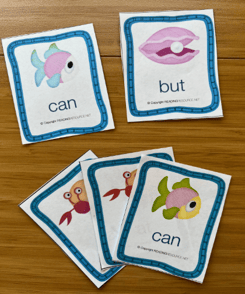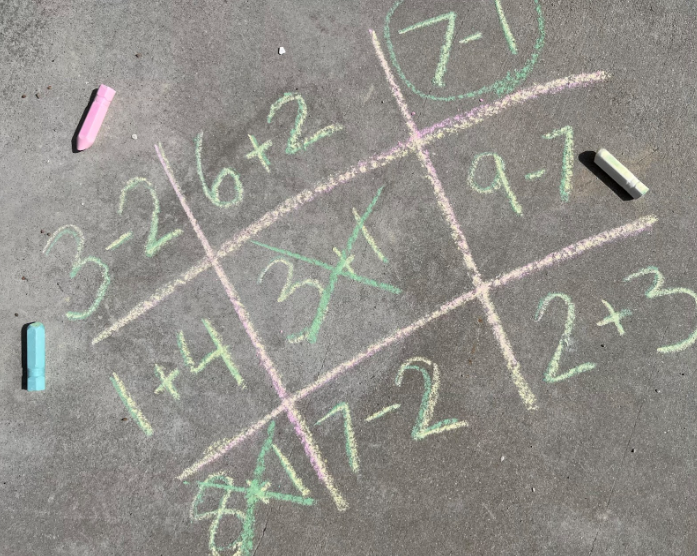Ahh, the sounds of summer: sprinklers running, the ocean waves breaking, and ice cubes clinking in the glasses of lemonade.
As a teacher, I always encourage students to have fun and enjoy the summer break as an opportunity to learn new skills and explore their surroundings; however, students may regress academically during the period of summer break, or lose skills previously learned in the classroom, if they lack opportunities to exercise these academic skills. To prevent students from losing important skills without losing the element of fun, teachers and parents can encourage their children to practice their skills by “gamifying” their learning opportunities.
What Does It Mean to Gamify Learning?
To gamify (pronounced game-ify) learning is simply a means of turning students’ learning practice into a game by weaving traditional game methods with learning, such as applying the elements of competition and levels prevalently found in video and board games. The gamification of activities allows students to feel motivated to participate and learn from their mistakes, while providing incentives for being successful. For example, many teachers employ virtual games into their classrooms with versions of Kahoot! or Nearpod’s Time to Climb to see who can earn the most points for correct answers. Teachers may also turn any routine practice into a game or competition to see who scores the most points.
Examples of Gamification to Learn at Home
So, how can we gamify learning at home to encourage students to continue learning during the summer?
Apply incentives for completing activities
Did your child’s teacher assign school work to complete over the summer? You can gamify the activities by having your child earn badges, stickers, or points for each activity completed! Assign a token economy system for each activity required and have your child earn that badge or token! The goal involves demonstrating that if you work hard and complete the activity, you can earn a prize!
Embed the game into the learning activity
To review skills throughout the summer, you can gamify learning in a multitude of ways. Incorporate sight words or math skills into a game of tic tac toe, where the child has to read the word or solve the problem to go in the space. Turn a deck of cards with sight words or letters into a game of Go Fish, Uno, Old Maid, Memory, etc. Anything can be a game if the child has to solve a problem or answer a question before taking a turn!

Utilize online video games designed for learning
Many teachers employ video games that are designed to target math and reading skills. There are many popular and free educational websites that provide good practice to not only target these academic skills, but also have fun while employing gamified strategies. Many educational video games exist as well that can be used with various video game consoles.
Closing
Gamifying learning serves as a means of embedding academic skills into fun activities. Have fun with your child this summer and gamify their learning through video games, point systems and other creative means. Now sit back, relax with that glass of lemonade, and watch your child learn and play!
Author: Chelsea Arsenault, Education Specialist, MAT


